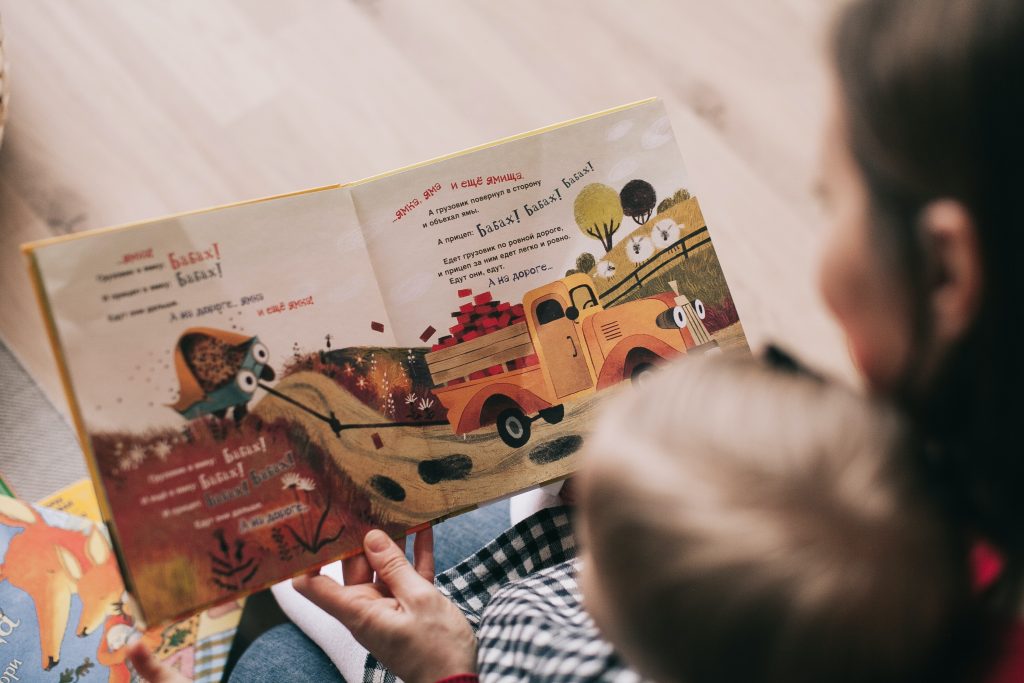Miss Maïte Franco has conducted this research project in the context of her Master thesis in Psychology, under the supervision of Dr. Andreia Costa from the Institute for Health and Behaviour of the Department of Behavioural and Cognitive Sciences.
MULTILINGUAL AUTISM
Is multilingualism contraindicated in autism?
The aim of the project was to investigate whether the choice of language at home is related to the social skills of autistic children.
WHY MULTILINGUALISM AND SOCIAL SKILLS?
Many parents of autistic children are advised about which language to use when interacting with their child. Very often this advice is to limit themselves to one only, the culturally predominant language. However, scientific research suggests that advising parents to monolingualism cannot be scientifically supported and that the use of multiple languages was not observed to be harmful, but potentially even beneficial to autistic children. Especially with regard to social skills and relationships, some research suggests that parents should continue to interact with their child in their native language, even if this would result in bi- or multilingual communication.
Although the results must be interpreted with caution with respect to socioeconomic status, it has been shown that multilingualism is related to greater awareness, enhanced executive functioning and inhibitory control, greater personal enrichment, cultural transmission, and social benefits in typically developing children. Therefore, it is likely that autistic children could enjoy the same benefits.
The language socialization paradigm states that language acquisition and the socialization process are integrated in a way that a person would acquire socio-cultural knowledge via a language, and acquires linguistic knowledge via his/her socialization. This would imply that a child’s socialization would be related to the languages he/she uses. However, knowing that social and communicative skills are limited in autistic children, the analysis of this relationship could eventually be used to train these skills and improve the support of families and their autistic children.

WHY INVESTIGATE THIS RELATIONSHP IN LUXEMBOURG?
Many countries profit from multicultural influences and a monolingual environment is becoming more and more impossible – especially in Luxembourg, a country so rich in cultures and languages. Here, parents tend to be advised to restrict themselves to speaking only French with their child, since French is an official language of the country and facilitates access to more care and therapeutic services. However, as many of the families concerned do not have the French nationality or consider themselves native speakers of the language, this could probably lead to uncertainty, distress, and complications regarding their interactions with their children.
Thus, Luxembourg represents the perfect environment for the analysis of the relationship between multilingualism and social skills of autistic children in order to improve the guidance and support of families, their caregivers, and educational and therapeutic staff.
THE STUDY
Most of the research with autistic children mentioned above is based on single case studies. Therefore, this research project sought to investigate the potential effect of multilingualism on social skills and relationships of autistic children in a larger sample.
The data for this research was collected via an online questionnaire, which was offered in German, English, and French. The first part of the questionnaire included questions on the demographics, the linguistic proficiency, and education of the parent and the child respectively. Subsequently, parents were asked to report on the quality of communication with their child, whether they were given any advice on language use, and whether they agreed with these recommendations and why. The questionnaire also contained the Autism Spectrum Quotient-Child version (AQ-Child) questionnaire and the second edition of the Social Responsiveness Scale (SRS-2). The questionnaire had to be completed by a parent or legal guardian of the child.
RESULTS
Our statistical analysis could not find any significant differences in children’s social skills depending on what and how many languages were spoken to them. This means that children’s abilities in social skills did not differ whether parents used only their mother tongue, only a foreign language, their mother tongue and other languages, or multiple languages without their mother tongue.
However, language use was found to impact how parents reported on their ability to feel comfortable, authentic, and free to express themselves in interaction with their children. Our results indicated that parents using only their mother tongue felt significantly more comfortable, authentic, and able to express themselves freely than the parents of all other groups. Parents using only a foreign language felt significantly less comfortable and authentic than all other parents. We did not find any significant differences between monolingual households and multilingual households, no matter whether they used their mother tongue or not. Lastly, parents using their mother tongue felt significantly more comfortable and authentic than parents using foreign languages, independent from whether they used only one or multiple languages.
CONCLUSIONS
In our study, language use was not related to social skills in autistic children. Furthermore, we found that households using only one language and households using multiple languages did not differ significantly on parents’ ability to feel comfortable, authentic, and to express themselves freely.
However, parents who did not use their mother tongue felt significantly less comfortable and authentic when interacting with their child, both when they used only one foreign language and multiple foreign languages.
Therefore, our results indicate that the common advice to use only one language (often a foreign one) does not provide social skills benefits for children and may actually have negative implications for the parents’ ability to communicate adequately with their children and thus probably influence the parent-child dynamic and relationship.
This study has been approved by the ethics committee of the University of Luxembourg: ERP 20-019 SSMCA
CONTACT
For more information about this study, please contact us at autisme@uni.lu.
NEWSLETTER
SUBSCRIBE FOR NEWS AND INVITATIONS TO PARTITIPATE IN STUDIES



